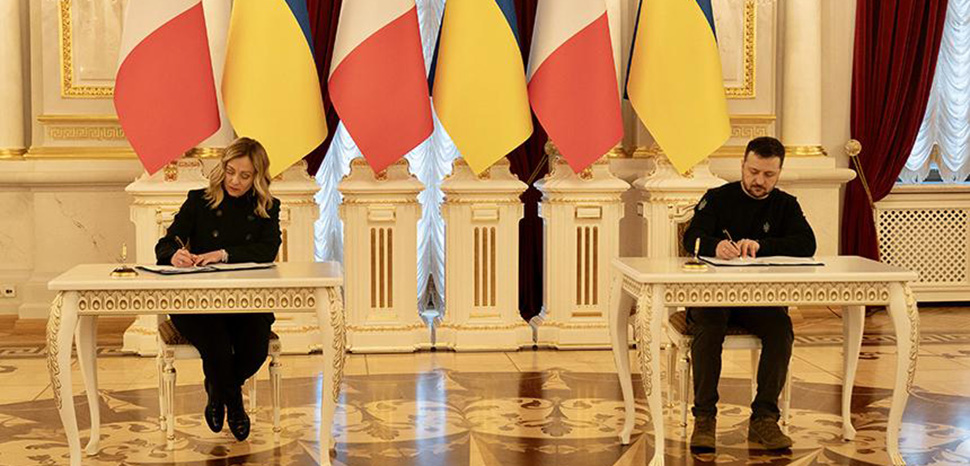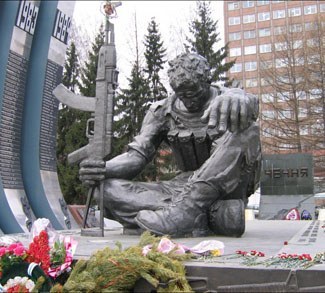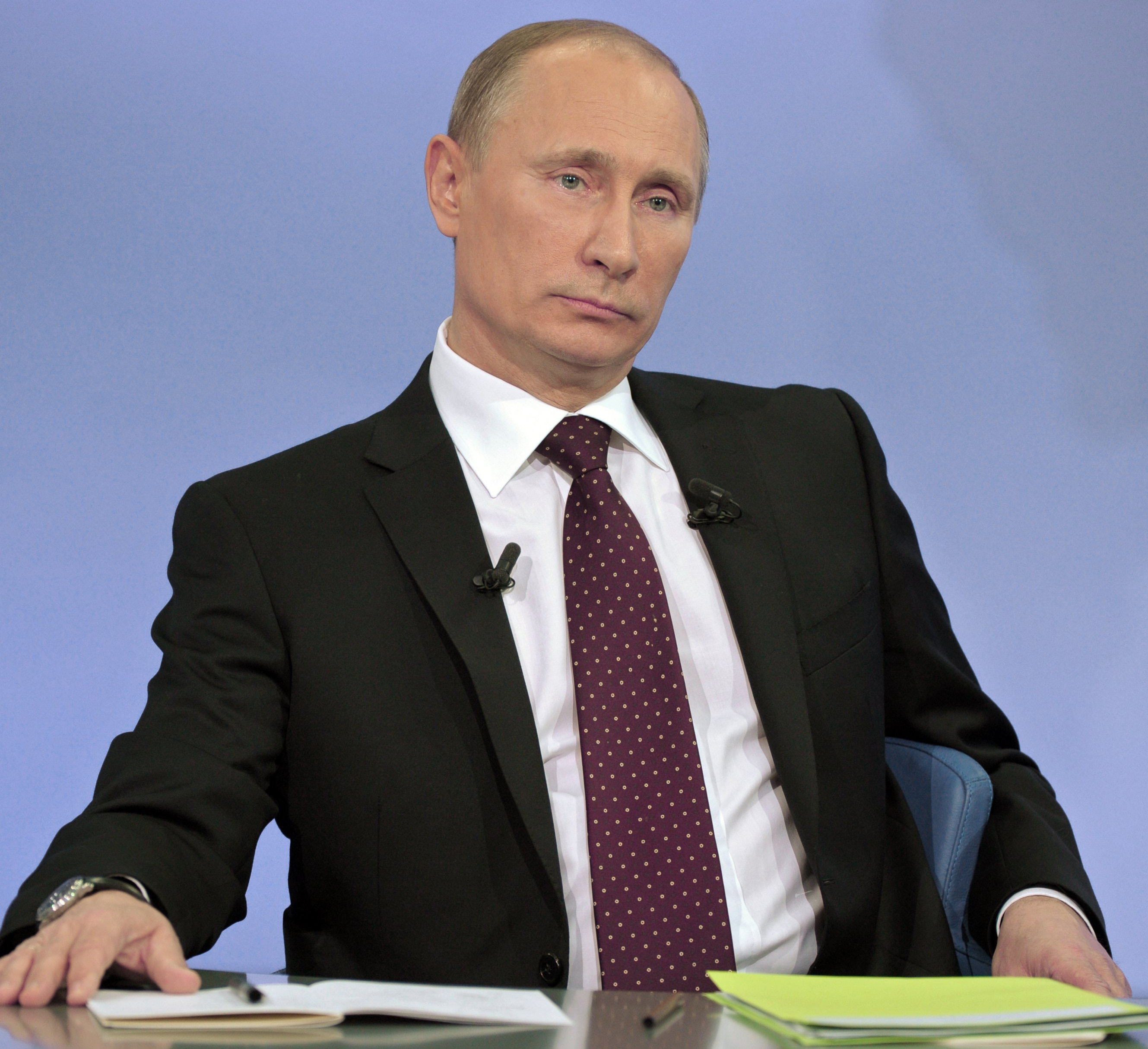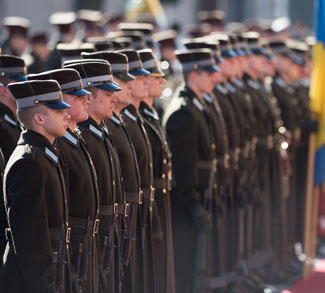Following agreements signed in Paris, London, and Berlin, now it’s Rome’s turn to sign a bilateral agreement with Kiev. This agreement will establish an alliance relationship that includes promises of financial and/or military aid in the event of a new Russian invasion in the coming years.
These agreements are interesting for several reasons in the context of global geopolitics. They represent a firm stance from European actors, which appears to contrast with the shaky US support, held in check by a Republican Party that is calling for a closer eye toward Mexico. It is not unlikely that this call for a change in focus is due to the fact that the immigration issue is more palpable to the American public than the Ukraine issue, especially in light of upcoming elections.
Washington’s support for Ukrainian military development has been fundamental over the past two years and has played a crucial role in maintaining balance in the conflict. However, this support is now decreasing, possibly due to a shift in US priorities in both the short- and long- term.
The presidential elections are now looming, and the Ukrainian issue alone may not be enough of a rallying point to convince any candidates to feature it in their campaigns.
Over the past two years, Ukraine has been portrayed more as an ideal than a country, a democratic savior against totalitarianism, much as the United States once represented. This image seemed to be closely tied to the leadership of Zelensky, whose charismatic figure was largely useful to the United States in continuing to project its soft power into the NATO sphere. However, due to increasing distrust from both within and outside Ukraine (with only 1 in 10 Europeans believing Ukraine will win the war), it has increasingly become a challenge to present this issue to the US electorate.
More specifically, new surveys revealed that Volodymyr Zelensky’s leadership in Ukraine is now reaching new lows, as Ukrainians’ confidence in the leader who inspired the world enough to earn him Person of the Year in 2022 plummets. Contributing factors to the current situation probably include the stalemate in the war, the halt in allied aid, doubts about the decision to postpone elections, which effectively keeps President Zelensky in power indefinitely, and, most recently, the decision to change the head of the Ukrainian Armed Forces
On the long-term side, it is no secret that the U.S. is now more concerned about China’s superpower status than its old rival, Russia. Despite its slowing economy, China now seems to pose the greatest threat to an US hegemony, weakened by sluggish population growth and a growing distrust among younger generations towards the American dream, resulting in a decreased willingness to sacrifice for it.
Given all of the above, a reduction of US aid now seems possible, along with potentially even Washington’s gradual or complete withdrawal from the conflict, particularly if Donald Trump, the main advocate for US withdrawal, wins the 2024 elections. This stands as one of the main reasons for the emergence of European actors on the geopolitical scene, evident in the recent signings of several bilateral agreements.
Europe’s long-awaited pivot toward geopolitical independence?
If Europeans do not believe that Ukraine can win the war, then why are they signing these agreements?
It seems that European actors are taking on a more prominent role in filling the geopolitical void increasingly left by the United States. Since World War II, NATO has been the only major actor on the continent. However, today the scene is more fragmented, with many smaller actors now able to act independently. It is not surprising that Germany, one of the first countries to sign bilateral agreements with Ukraine, is now aiming to be “the backbone of European defense.”
Similarly, there is a relatively uniform position on the part of the United Kingdom, France, and Italy, with pledges of financial and, in some cases, military support for Ukraine. The common front could stem from an increased cohesion within Europe, which some believe is beginning to emerge as a unified political (and perhaps in the future, military) actor.
With these agreements, it could be argued that a new season in the war in Ukraine has begun. It seems that European actors will play a more prominent role than the American giant, even though the agreements themselves are signed with a focus on the future rather than the current invasion.
Finally, it is worth noting that this change comes at a sensitive time, as Sergej Lavrov, Russia’s Minister of Foreign Affairs, has recently stated that Russia is willing to halt the invasion with the concession of already occupied territories.
This statement comes as no surprise to anyone who has been following the issue in recent years, as it has been often repeated how Russia has tried to make a “peace” deal by bypassing Kiev and trying to negotiate directly to Washington. Lavrov’s public statement may have been intended to send a signal to both Ukraine and its allies, as evidenced by its peculiar publication by the Russian state media agency TASS.
Moscow may have made these intentions public due to the changing geopolitical scenario as described above, or it may have made them because of the death of Alexei Navalny, the most famous representative of Putin’s opposition, has caused civil unrest and risks greater internal instability. Moscow may be seeking to secure its victory and focus on internal stability. It could also suggest that Vladimir Putin is betting on a Trump presidential win, which could result in more favorable terms for Moscow and a blow to Ukraine’s territorial integrity.
However, these declarations could also indicate a desire for dialogue with new players in the aftermath of failed negotiations overseas. In this regard, for the first time in two years, European actors could finally become actual parties to the conflict and contribute to its resolution, thus gaining significant and real geopolitical and diplomatic relevance for the first time in decades. This is no easy task, however, with radically conflicting demands for negotiations from both the Russian and Ukrainian sides.
The hypothetical future: peace negotiations impossible without sovereignty
For both Ukrainians and Russians, this is an existential war, albeit for symmetrical but opposite reasons: neither side seems willing to retreat from its victories on the ground, even if they are not the ones it sought.
Many Ukrainians would swear that Putin is not genuinely interested in achieving peace. Similarly, residents of Baltic countries fear that Putin’s territorial ambitions extend beyond Ukraine.
Whether negotiations take place on US or European soil, it is unlikely that the Western stance on Ukrainian sovereignty and territorial integrity will change in the next year. Acknowledging Ukrainian territorial integrity as negotiable would be in stark contrast not only with Ukraine, but also with the position of Eastern European allied states, particularly Poland, who advocate for a stricter stance due to fears of Russian military expansion. Given their crucial position for European defense, particularly in light of Transnistria’s upcoming referendum and the volatile predicament of the Kaliningrad enclave, it is unlikely that Western Europe will want to antagonize them.
Whether the West wants to listen to the Eastern European strongholds or think strategically about the future of Europe, where a concession of Ukrainian territory would set a dangerous precedent, the outcome of the negotiations is likely to follow the line of preserving Ukraine’s sovereign integrity as much as possible and pleading for an end to a conflict that has torn Europe apart.




